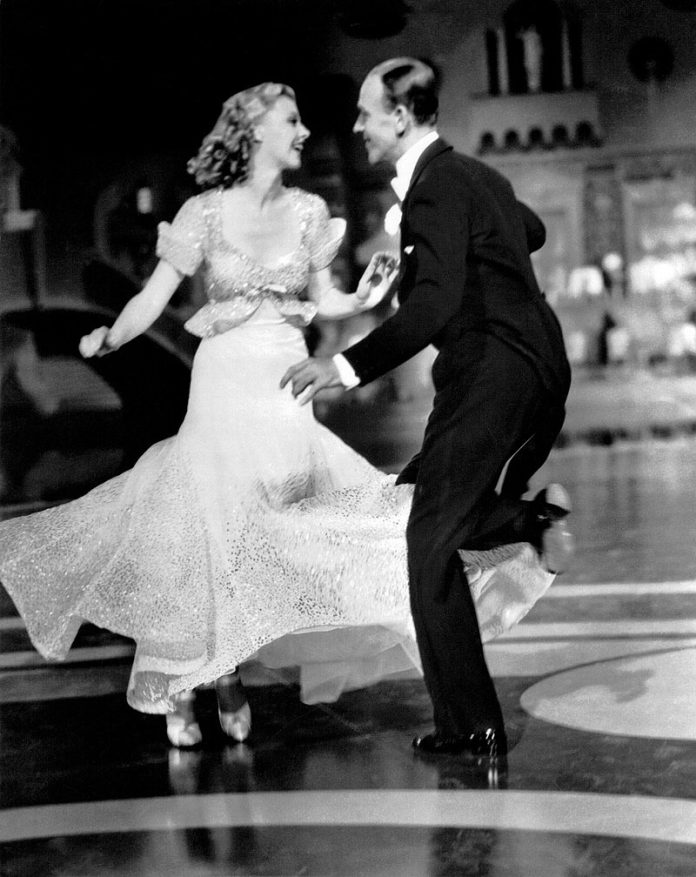Saint Francis de Sales once quipped, if my fallible memory serves, that dances were a lot like mushrooms: Even the best weren’t worth that much. We might retort, that mushrooms do help bring out what is good in a meal, which would be all the less without them.
I do think that what passes for ‘dancing’ in the modern world isn’t worth a hill of moldy potatoes, on which Saint Jean Vianney subsisted, who disliked dancing even more vehemently than good bishop of Geneva, going so far as to forbid them outright in his parish. Jumping up and down, and wiggling one’s torso and limbs in contortions to various pop, disco and rock ballads is not dancing, and perhaps the Curé d’Ars was onto something in his fear that such sexualized contortions open one to something more sinister.
But true dancing, with style and grace, precision and chaste aplomb, between a man and a woman, is a joy and a treasure, a custom to which we would do well to return. And return many have, as Elizabeth Bachmann describes in a delightful essay on the swing-dancing scene in New York, offering joy and solace to sundry folk of all types. Some readers may prefer a waltz, or polka, or celidh – and we do all of them here at our college. The key is that they are truly ‘dances’ in what that ancient and traditional term implies. A man asks a woman, and they trip the light fantastic. And, even if you have two left feet, fret not, for, as Chesterton says, if something is worth doing, it’s worth doing badly. And practice makes, if not perfect, at least good enough.
The best way to fight the culture of death and darkness is not so much to condemn it, even if such be necessary at times, for it mostly condemns itself, and God will take care of the rest. Rather, fill the darkness with the counter-culture of life and light, of truth, goodness and beauty. And, if the wedding feast of heaven is where we’re headed after all the travails of this world, we may as well get ready, and dance on the way.
Here are Fred Astaire and Ginger Rogers, in what dancing once was, and may yet be again. Ad saltem!


